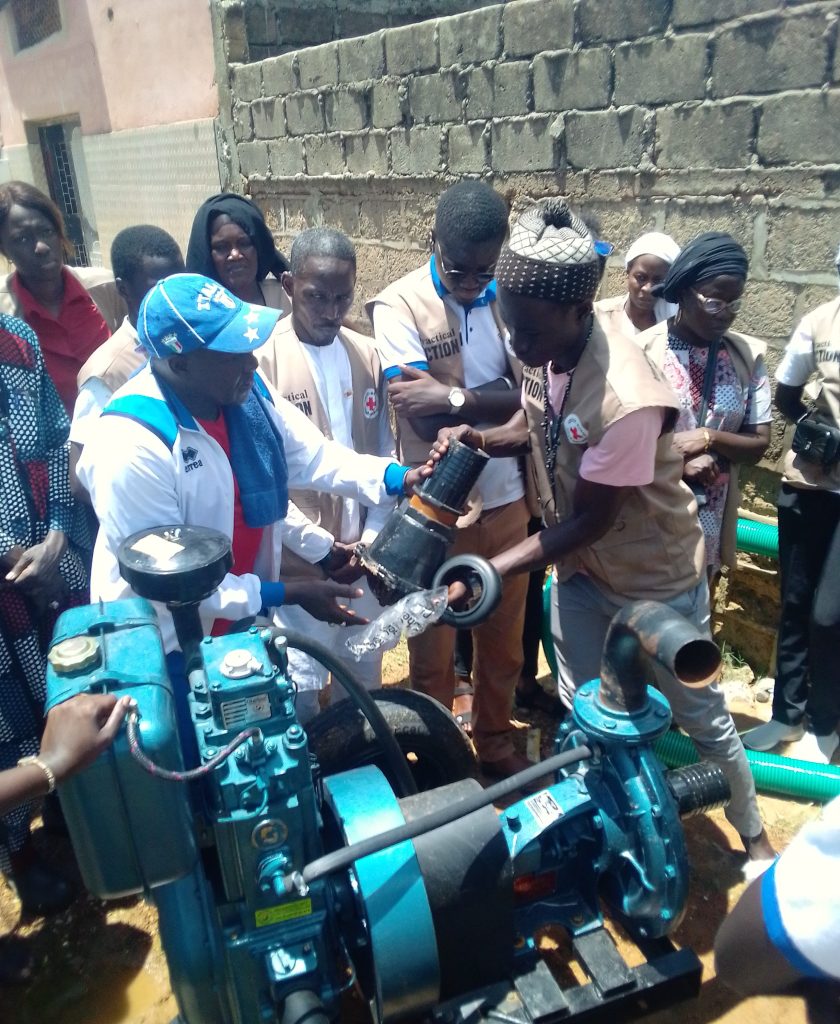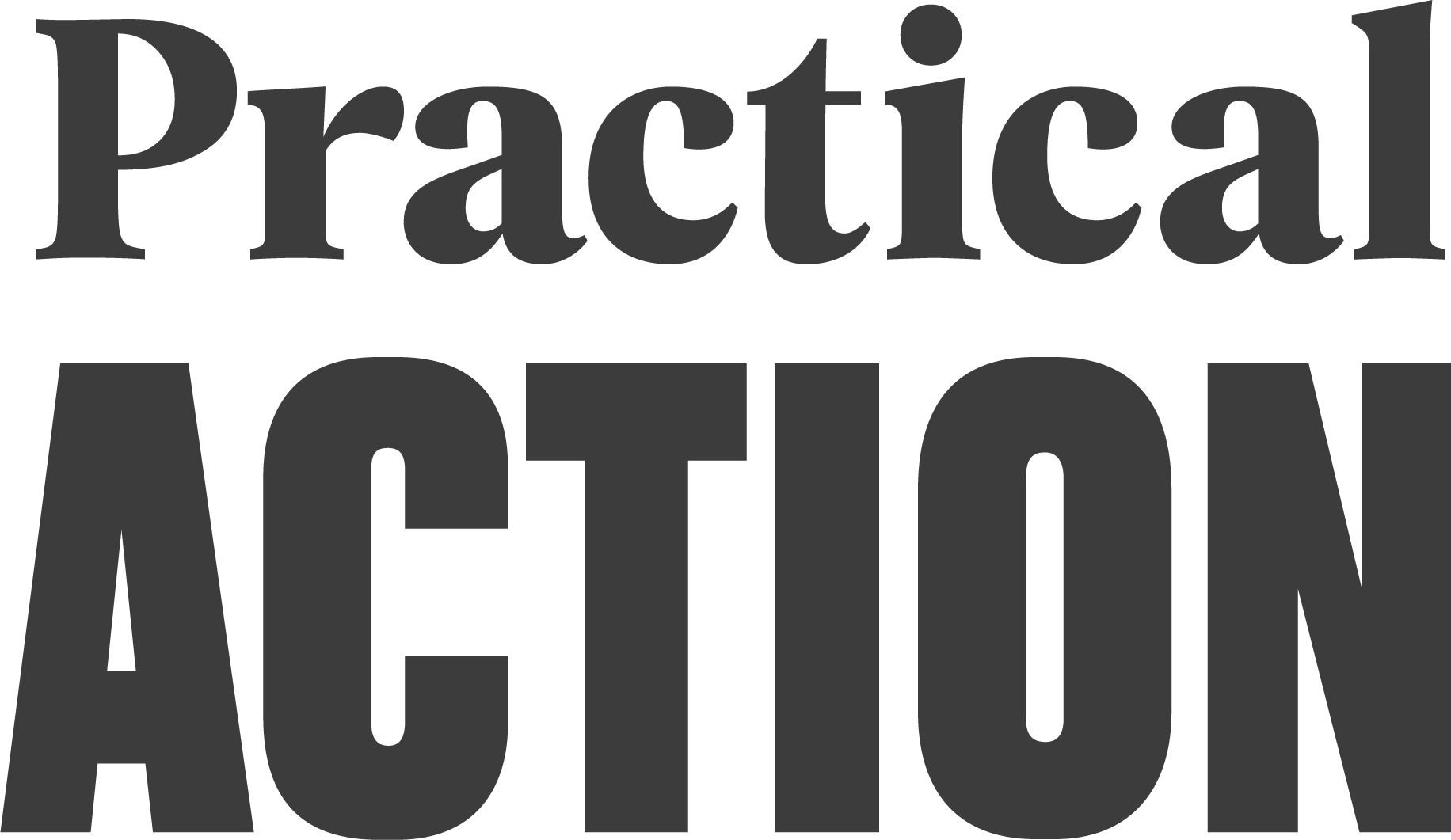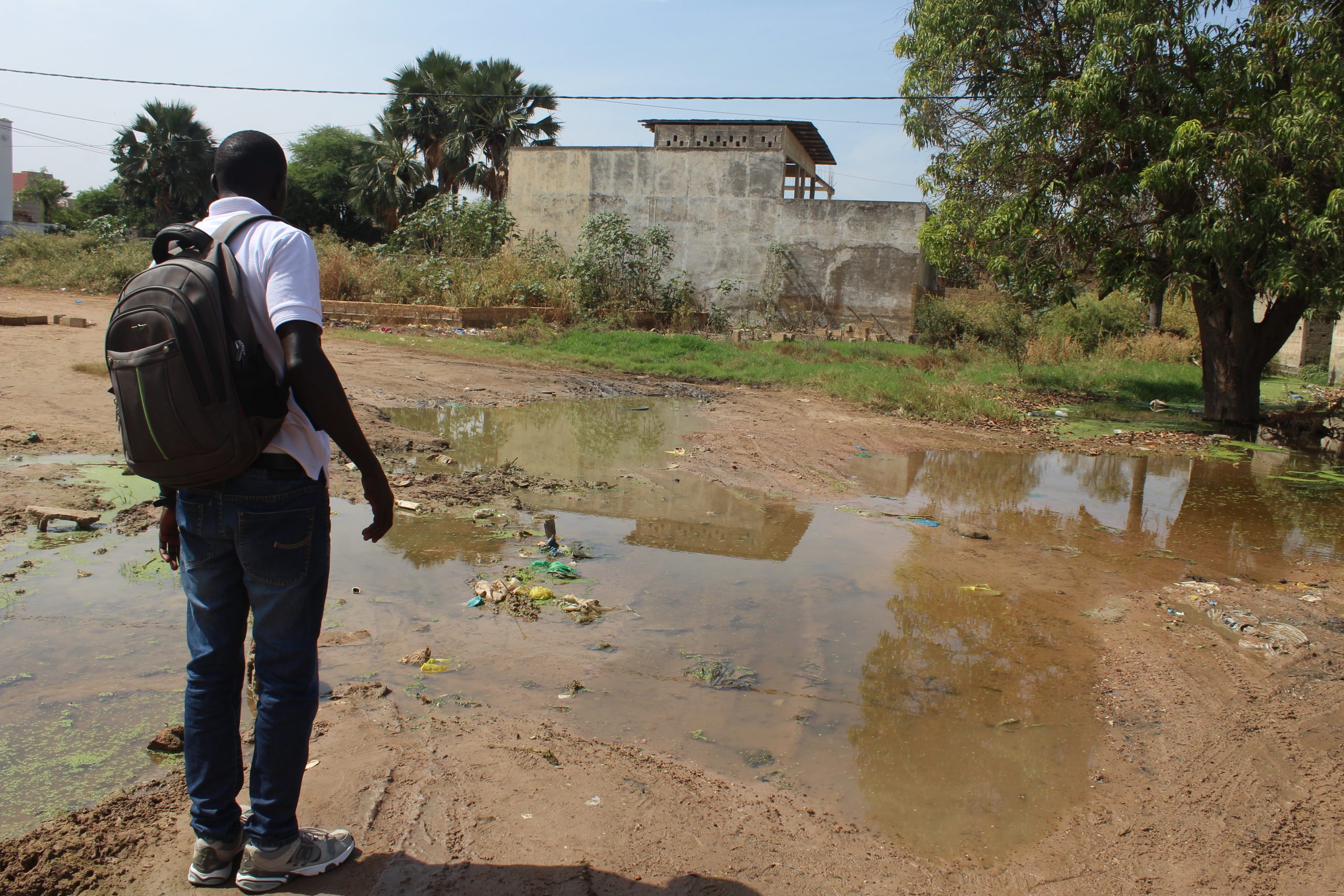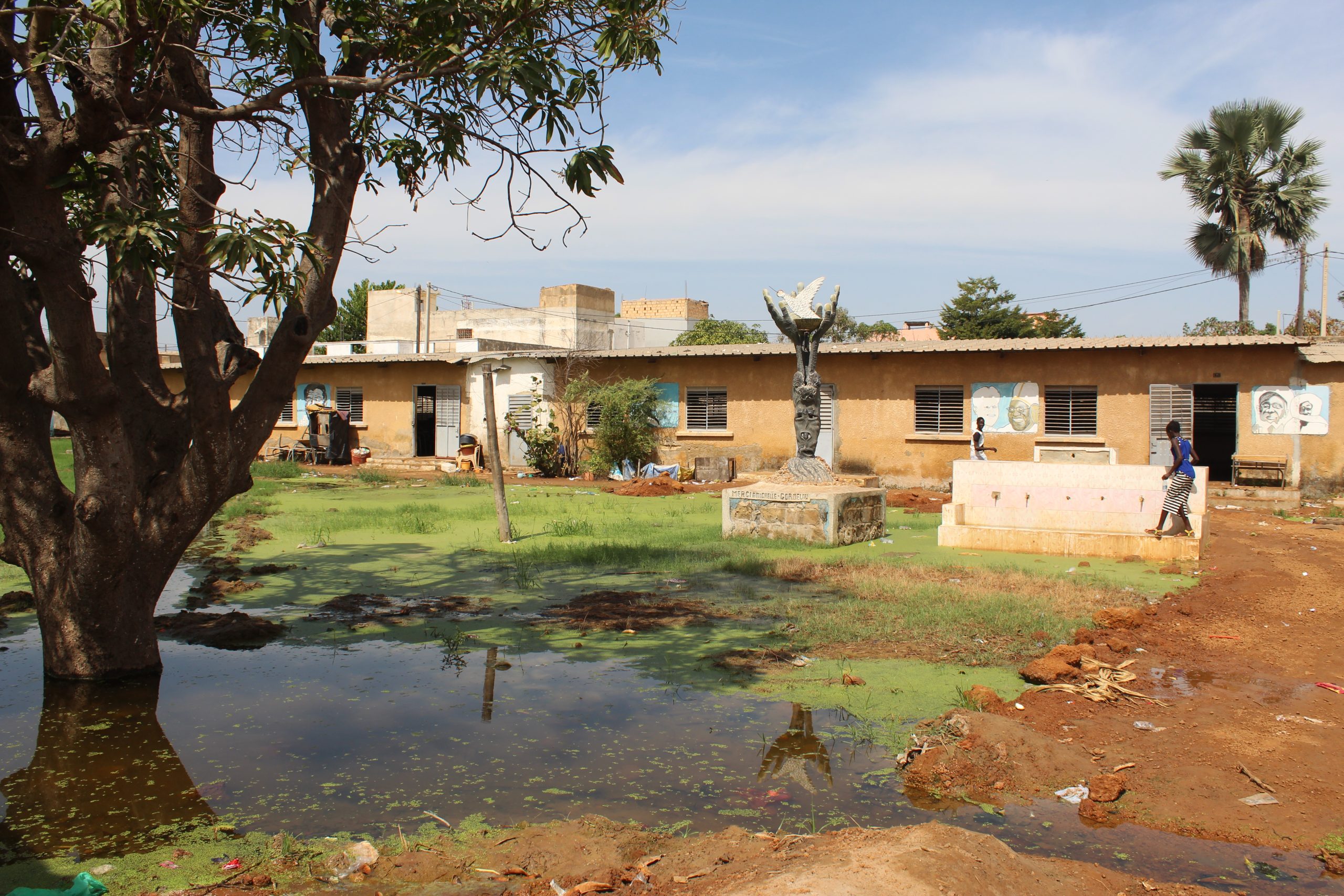Our impact so far
Flooding is a recurrent and escalating issue in Senegal, significantly affecting urban and rural communities, particularly during the rainy season from June to October. The increasing frequency and severity of these floods are attributed to a combination of climatic, environmental, and infrastructural factors. According to the national authorities, the floods of 2020 affected all regions of Senegal, with 12,475 households impacted, 77,260 people affected, 3,285 displaced persons and 7 lives lost. In Senegal, and more generally in West Africa, there is demographic pressure and accelerating urban growth, leading to uncontrolled urbanisation and a sharp deterioration in the living environment of communities. Land pressure and the poor urban planning with which it is associated are increasing the risk of flooding, with more and more people living in flood-prone areas.
Many resilience-building measures can be taken at community level, and communities often know best when it comes to strengthening their resilience. Using the Climate Resilience Measurement for Communities (CRMC) tool, Practical Action is working to undertake holistic resilience assessments at community level. To strengthen the flood resilience of communities in Thiès Nord, Practical Action has equipped all four intervention zones with motor-driven pumps and resilience kits to enable them to react quickly in the event of flooding. In collaboration with the Senegalese Red Cross, Practical Action has trained 60 volunteers on the importance of climate information for flood prevention and set up an Early Warning Systems (EWS) team in each neighbourhood to disseminate information. Through a partnership with the social enterprise Jokalanté , the existing EWS was also enhanced by integrating voice messages and community radios in the dissemination of alerts.
The future
As we move from a focus on flood resilience, to wider climate resilience, Practical Action teams in Senegal will work to achieve the following outcomes:
- Establishment of effective and inclusive community-based EWS.
- Improving Disaster Risk Reduction planning.
- Improve local government access to decentralised climate funds to enable them to implement their local disaster risk reduction plans.
- Integrate Nature-based Solutions into development planning to strengthen the resilience of urban communities affected by floods and heatwaves in West Africa.
- Improve the living conditions of urban communities exposed to the effects of poor urban planning exacerbated by climate change.







